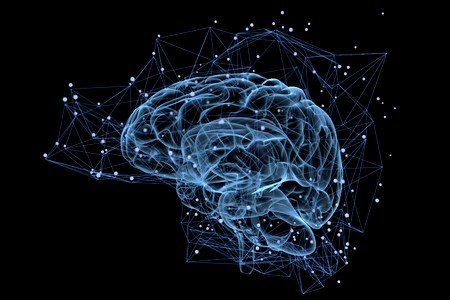Are Mouth Bacteria and Schizophrenia Linked?
Schizophrenia and Its Ties to Oral Care
According to two recent studies, someone with schizophrenia has different
groups of bacteria within them compared to someone without the condition. These
studies have led researchers to believe that specific types of mouth bacteria may
be related to the disorder. Such a discovery could provide a new way to help
medical professionals diagnose patients and prescribe proper treatment earlier.
Schizophrenia affects how you think, feel, and act. Symptoms include hallucinations,
delusions, confused thoughts, difficulty with speech, trouble concentrating,
repetitive movements, depression, withdrawal, and overall struggles with basic
daily life. Symptoms may come and go and can occur once at a time, usually
beginning between the ages of 16 and 30.
Bacteria and the Brain
The initial study was published by the journal Peer J
. The study explained that lactic acid bacteria, Lactobacillus gasseri
, were 400 times
greater in patients with schizophrenia than patients without the condition.
Previous studies have mentioned that the microbiome, the complete number of
microbes in the body, may affect other similar conditions like depression.
Probiotics are considered to be beneficial to the human body. Specifically, lactobactillus phage phiadh
can help
enhance the immune system and aid in digestion. It’s found primarily in the
intestines, but it’s been linked to regulating emotional behavior and anxiety.
Doctors aren’t certain what causes schizophrenia in patients.
According to researchers, it’s often a combination of genetics and a person’s
environment that may trigger the disorder. If an immediate relative like a
parent or sibling is diagnosed, the chances of being diagnosed is 40 percent.
However, there are some cases where a patient may be diagnosed without any
family history of the disease. Environmental triggers may include viral
infections and drug use as possible causes.
Microbiomes and Probiotics
The association between microbiomes and schizophrenia is still new
territory. The microbiome has been shown to alter brain development and
modulate behavior and cognition. For humans, this means it could affect many
disorders.
The second study, published by Schizophrenia
Bulletin
, took place in the Psychiatric Research Center in Maryland, headed
by scientists from John Hopkins School of Medicine and Maryland’s Sheppard
Pratt Health System. They found that levels of probiotics, especially lactobactillus phage phiadh
, were
different in patients diagnosed with schizophrenia compared to those who
weren’t diagnosed with the condition.
Granted, these studies were performed addressing only bacteria in the
throat, but it’s a start for future studies. Understanding the differences in
schizophrenic and non-schizophrenic patients can help doctors accurately
diagnose patients quicker. Also, understanding what effects the disease has can
help advance treatments for schizophrenia.
Did you know that you can save up to 20 percent off your dental bills
with our New
Hampshire discount dental plans
? We
offer individual, family, and employee plans for small business owners. To
learn more, click here.
Copyright: ilexx
/ 123RF Stock Photo











